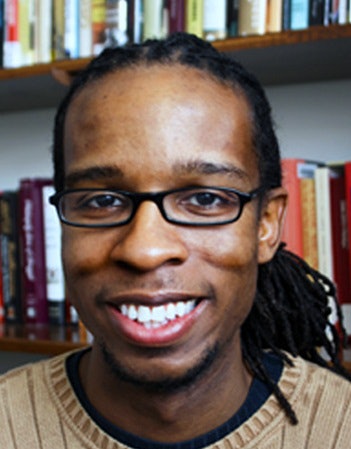 Ibram Kendi
Ibram Kendi
In the Brown v. Board of Education decision in 1954, the U.S. Supreme Court saw through the false rhetoric of separate but equal that racists used to legally discriminate for more than 50 years. The Court finally realized that the mantra—though seemingly egalitarian—had in practice racially discriminated against African Americans. The Court did not care whether the policy spoke of racial equality. The Court realized its effect was undeniably racial inequality.
On Tuesday, on the eve of the 60 year anniversary of the historic Brown decision, the U.S. Supreme Court heard Schuette v. Coalition to Defend Affirmative Action, which if decided like the Brown case, could have far-reaching effects on racial justice in America. The Court could finally rule in favor of what anti-racist scholars of race have been saying for ages—if a law or policy breeds racial inequality, then it is racist and should be outlawed. The language does not matter. The effect is everything.
The Brown decision and other legal and extralegal gains of the black freedom movement transformed America’s racial atmosphere. No longer could racial inequality and White privilege be sustained through race batting rhetoric, and laws and policies containing separatist or racial language.
Smartly, American racists changed strategy, and began their assault anew on people of color through their most effective weapons to date: superficially race-neutral laws and measures, and wrapping their rhetoric, organization names, and policies in the name of racial equality, in the name of civil rights. They adroitly redefined racists and racism as anyone and anything that does not promote race-neutrality, colorblindness, and equality.
I am a racist, these definers would claim, since I am simply writing about race. We need to eject race from our national vocabulary, they say, and those who keep talking about this race stuff are the problem, are the chief progenitors of racism. Re-defining racism this way, forcing us to eliminate all race talk, all race-specific programming, became the new, post-Sixties strategy of racists. And like our ancestors, we have not been able to look past the beautiful mask of egalitarian rhetoric to see the ugly, nakedness of racism.
Criminals who strive to stay out of court go out of their way to disguise their criminality. But finally these criminal racists, after stealing away so many gains from the Sixties, have been hauled before the highest court in the land.




















